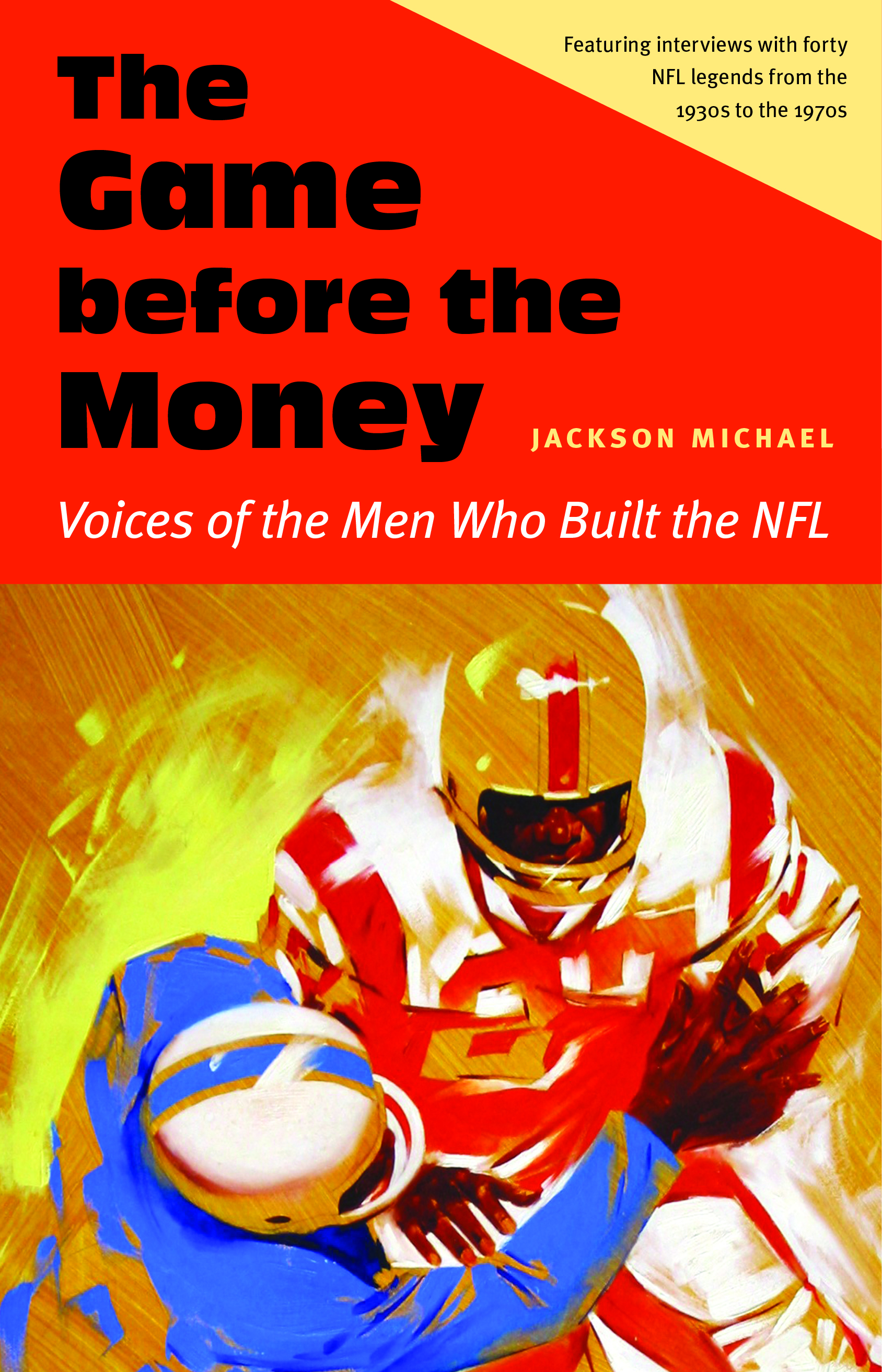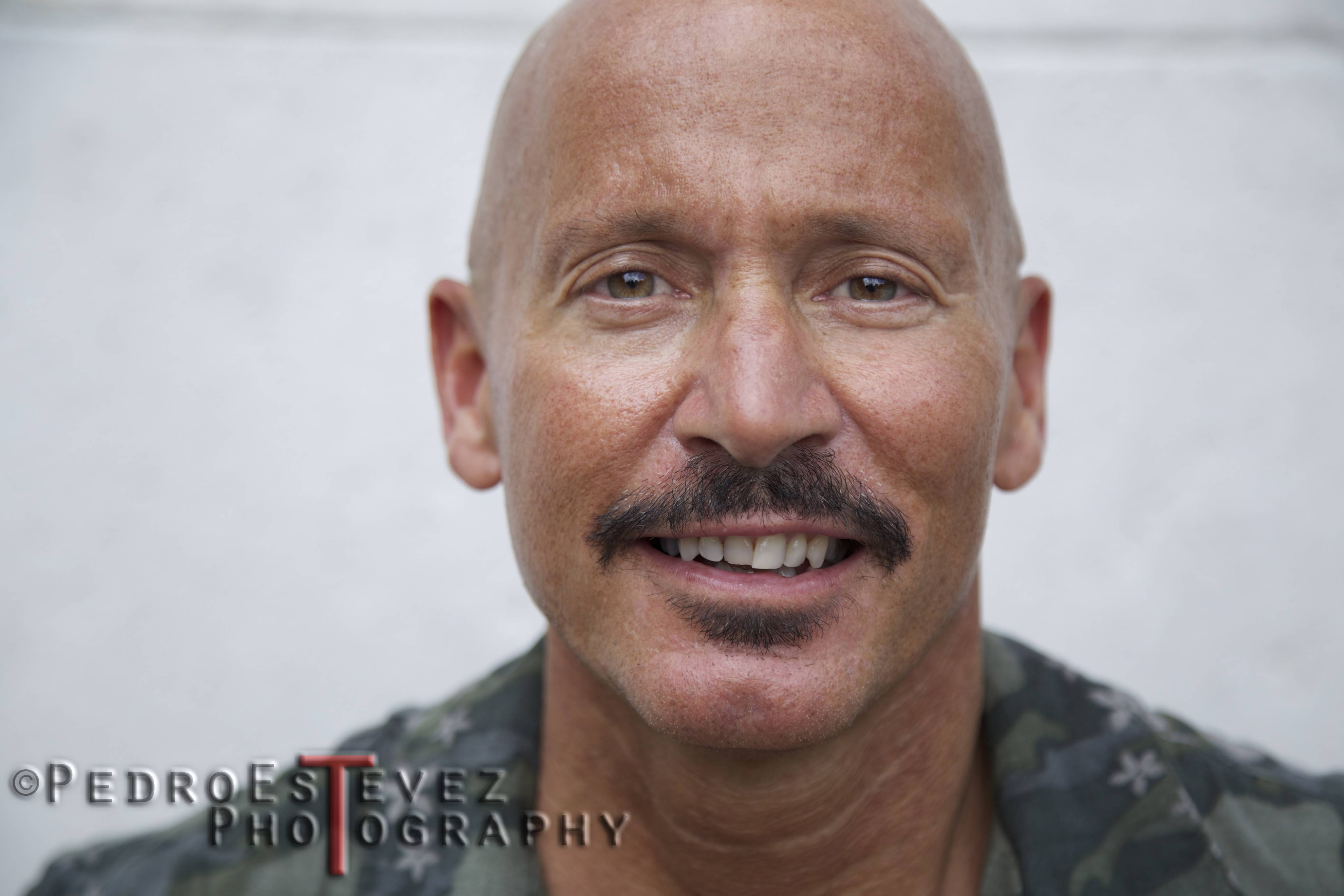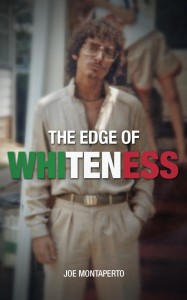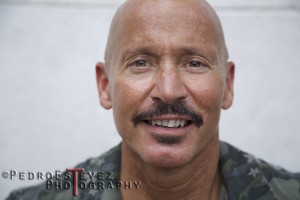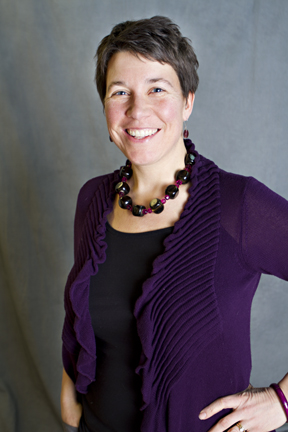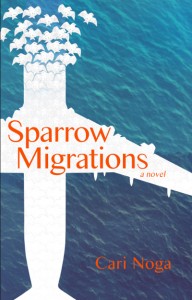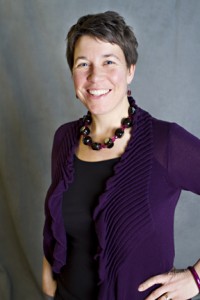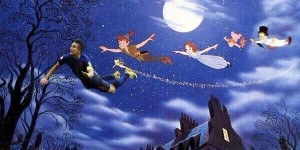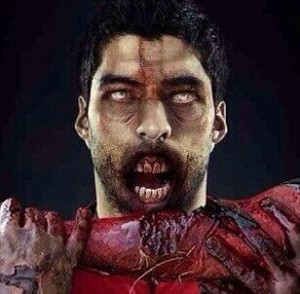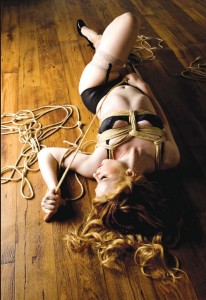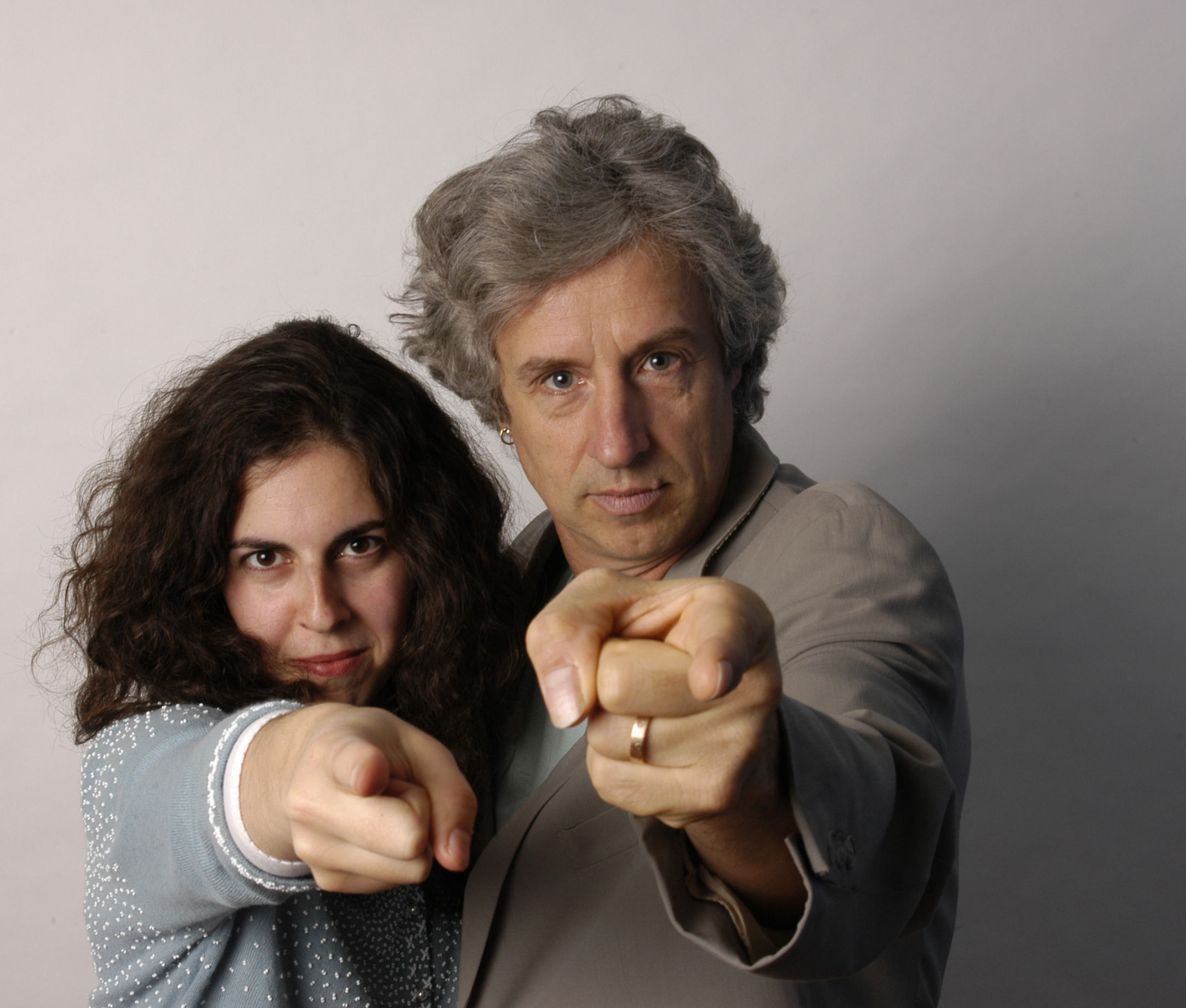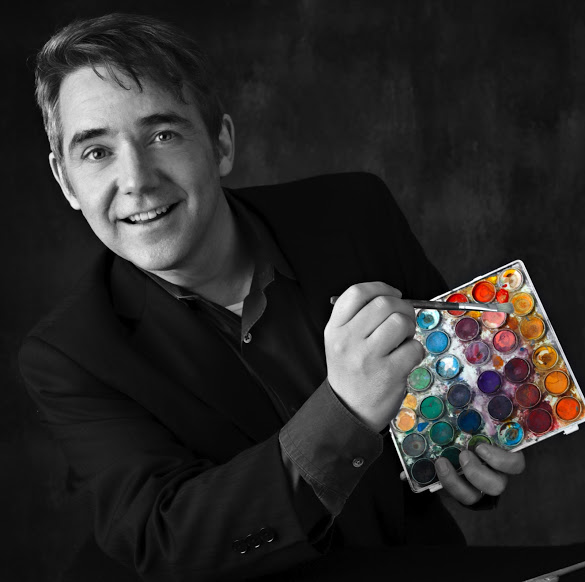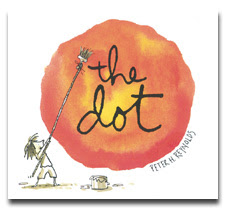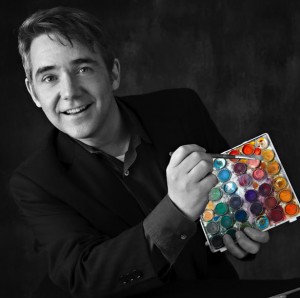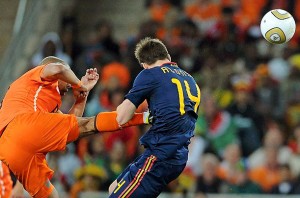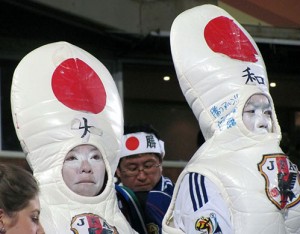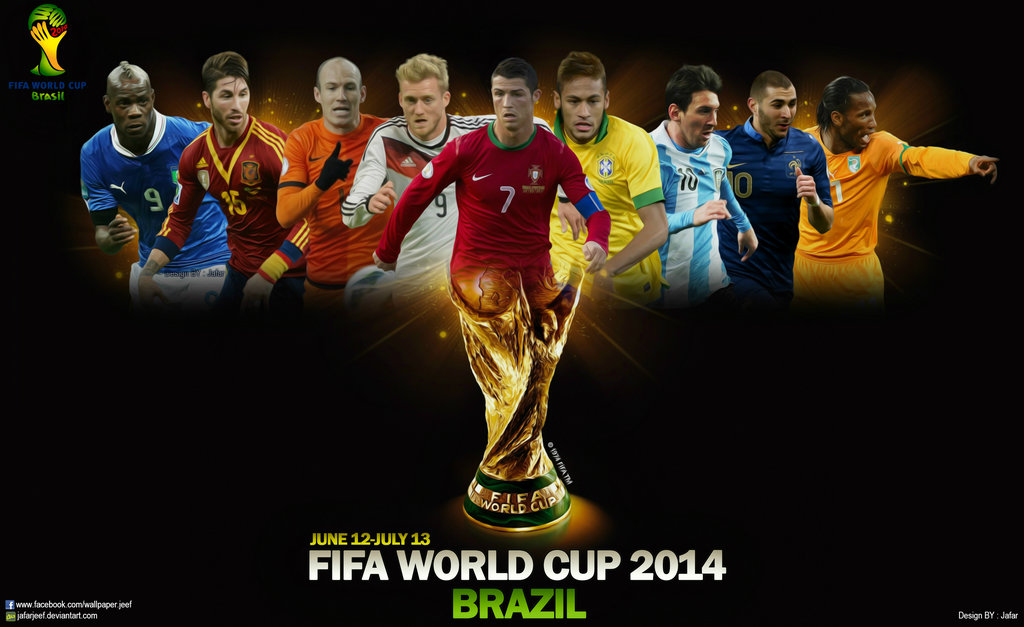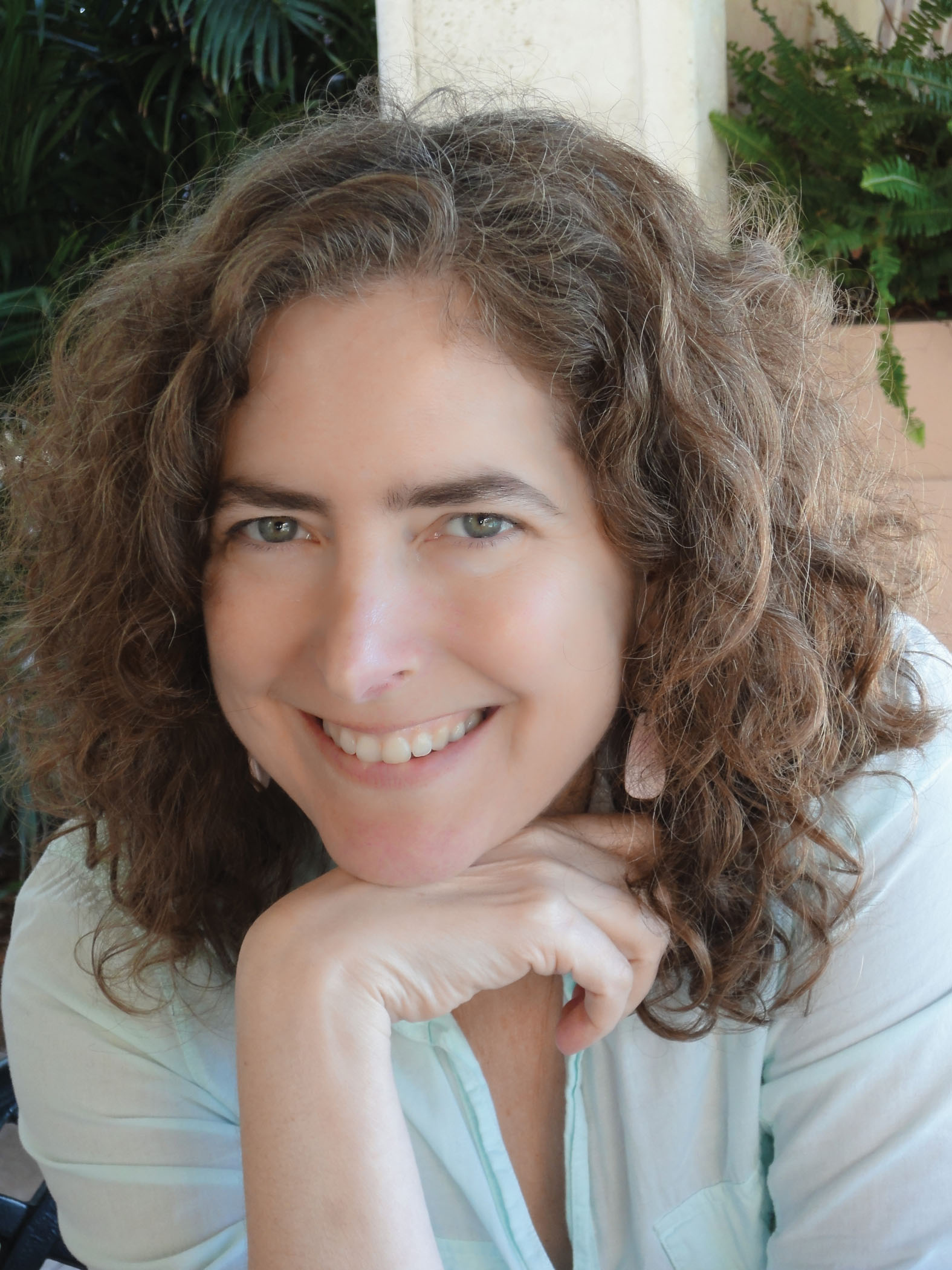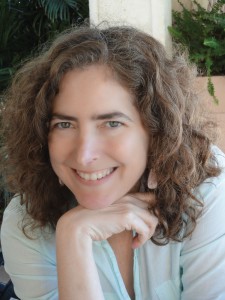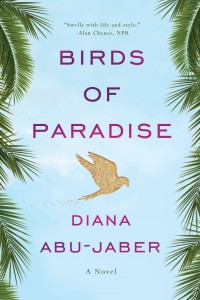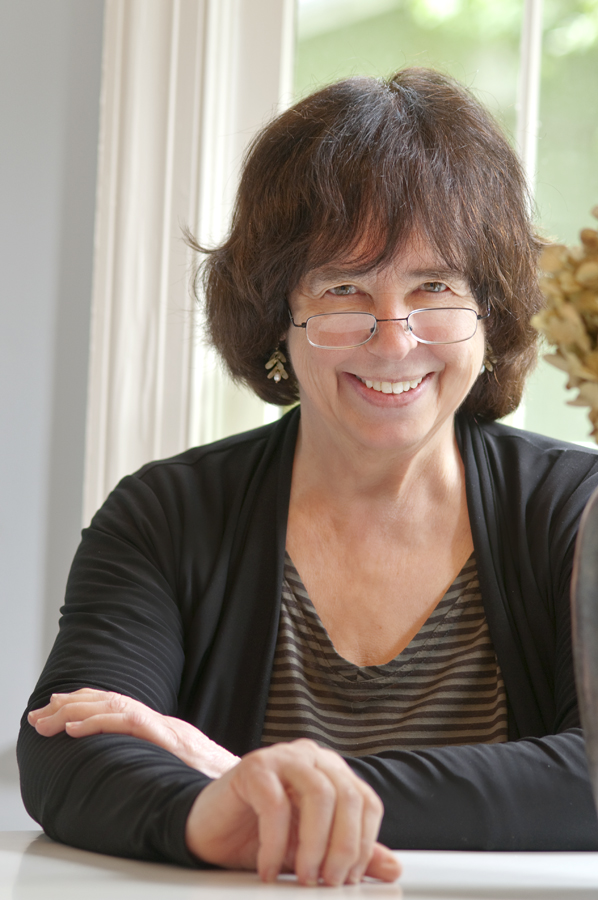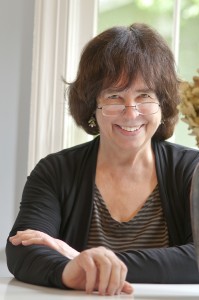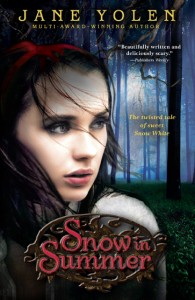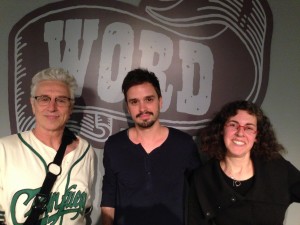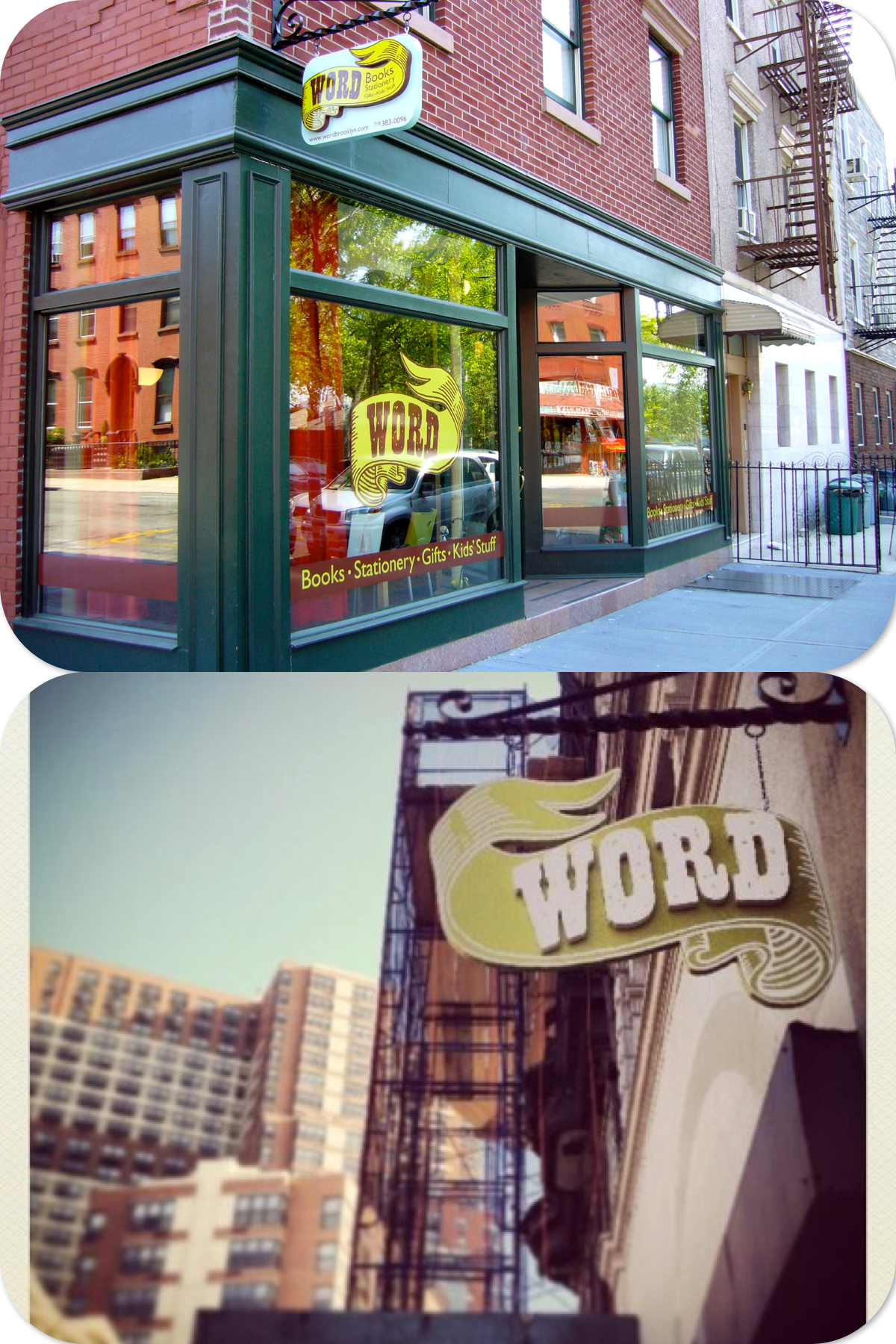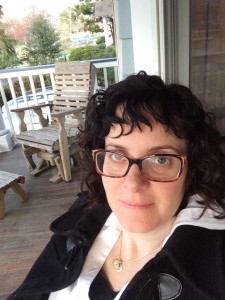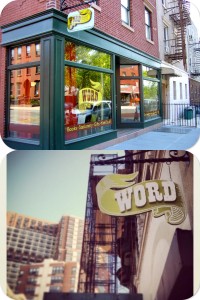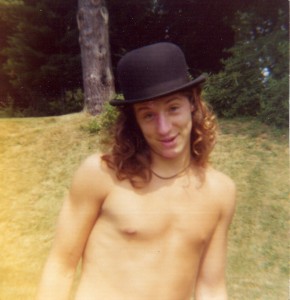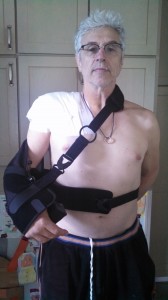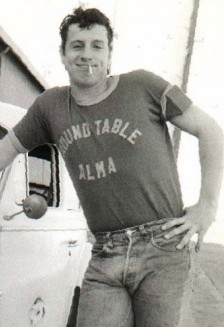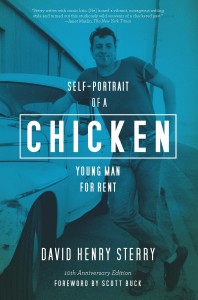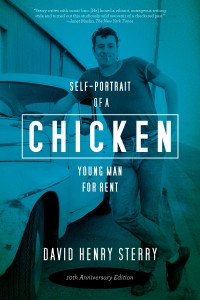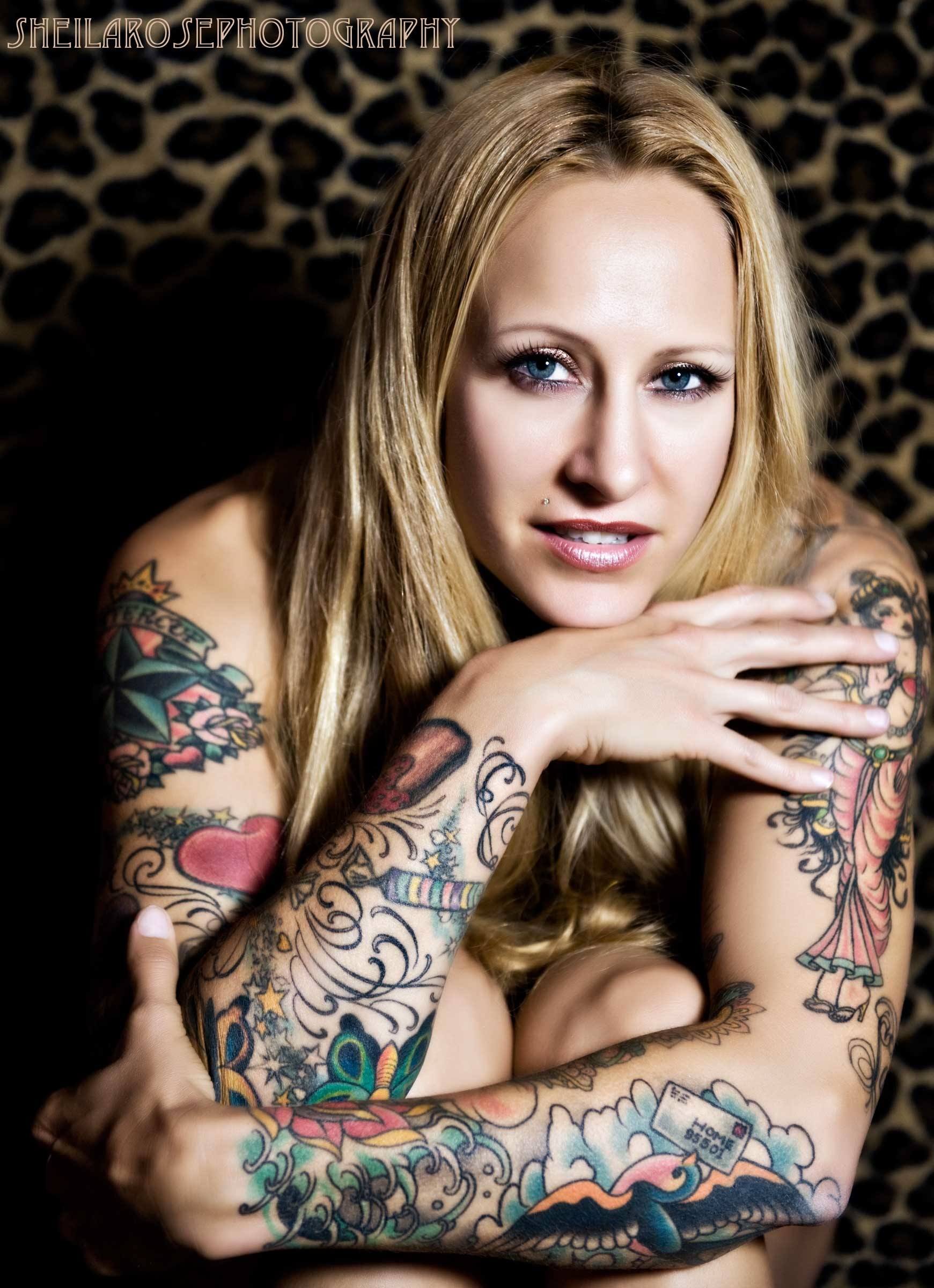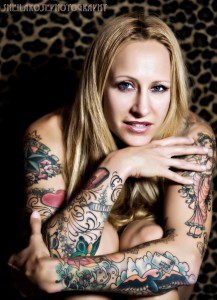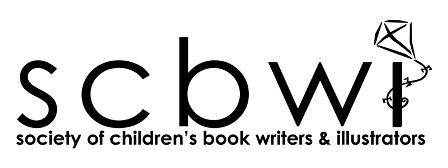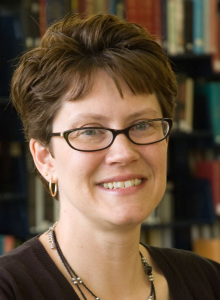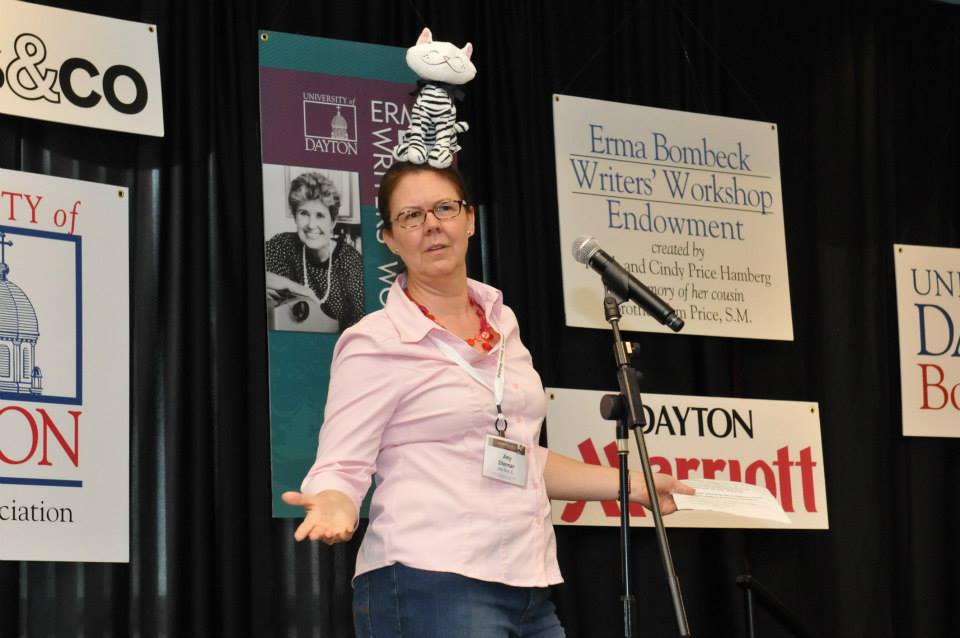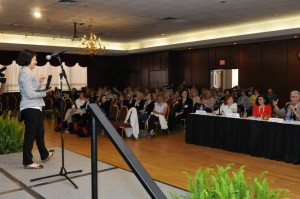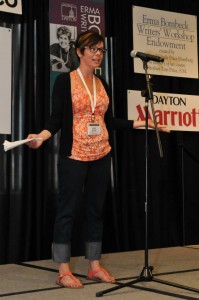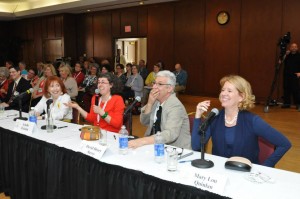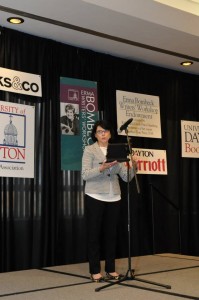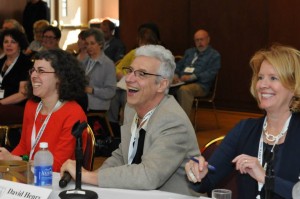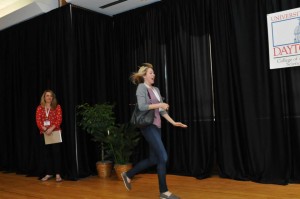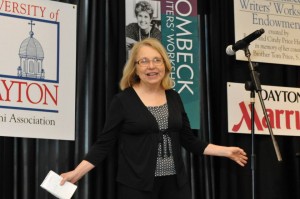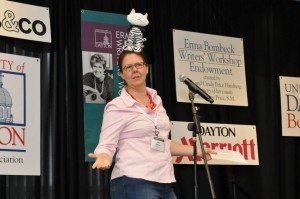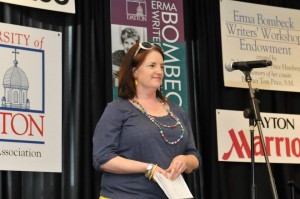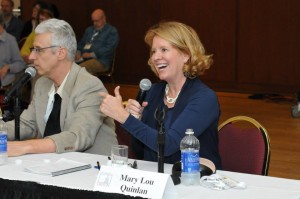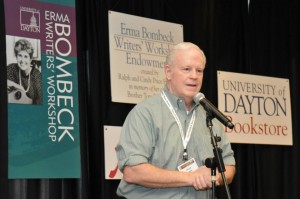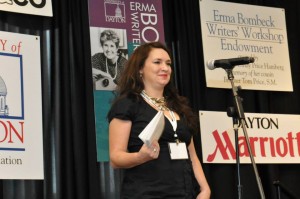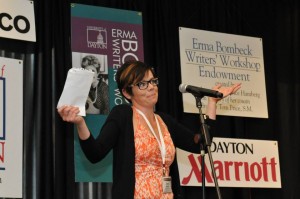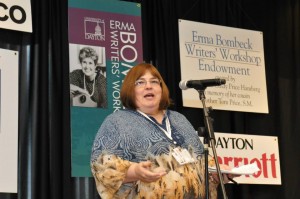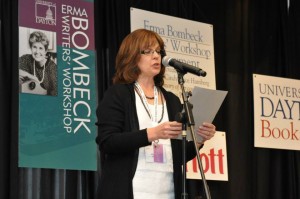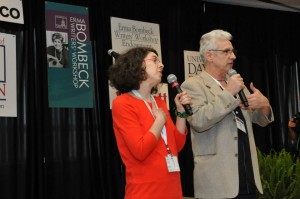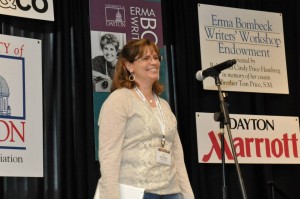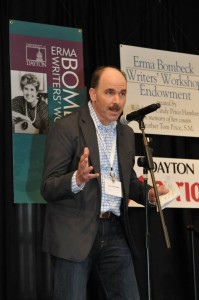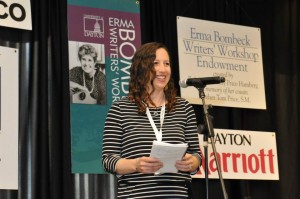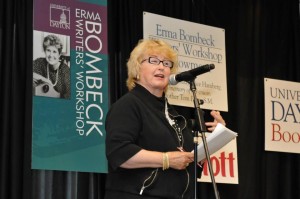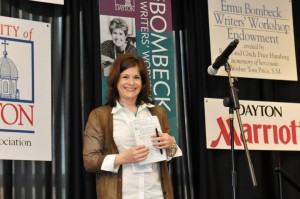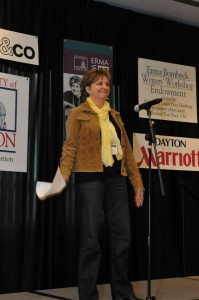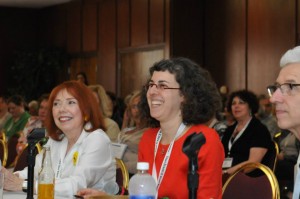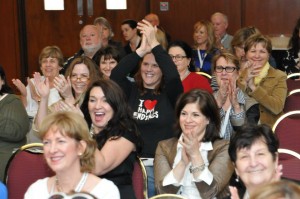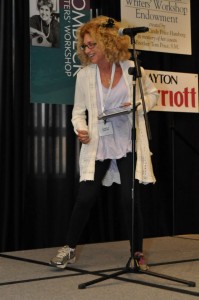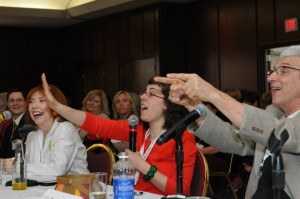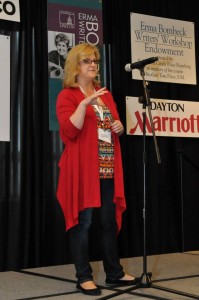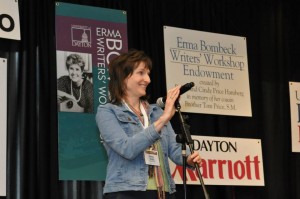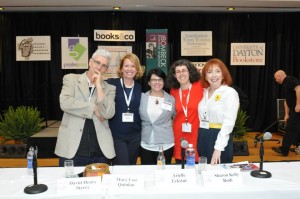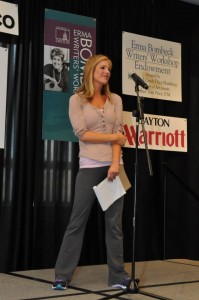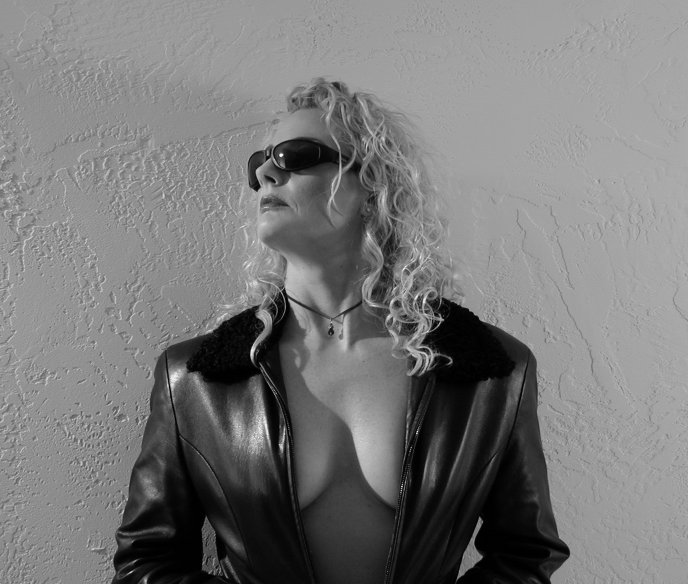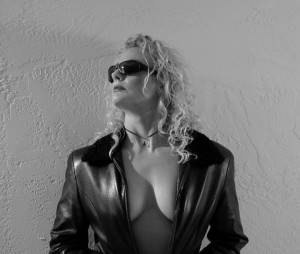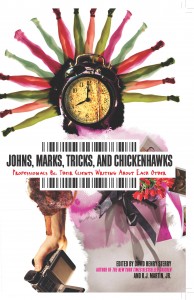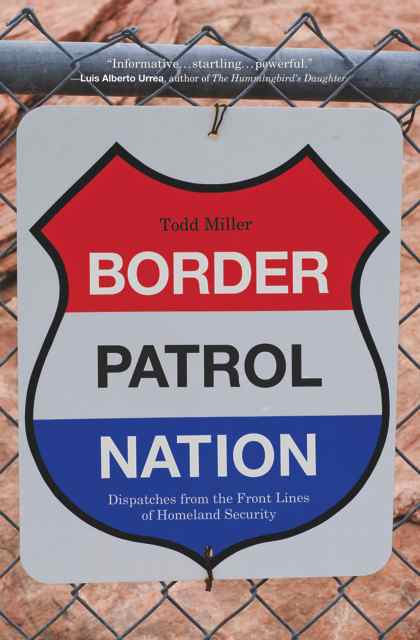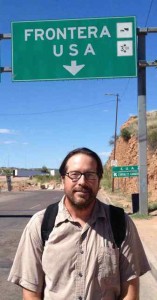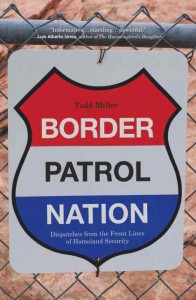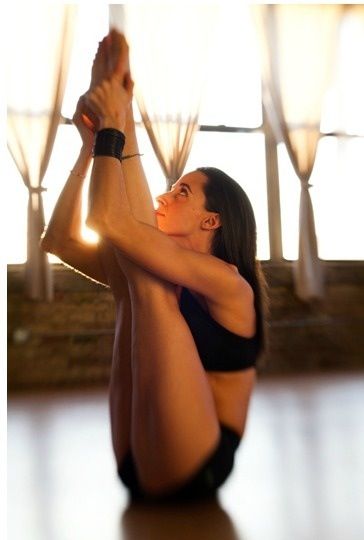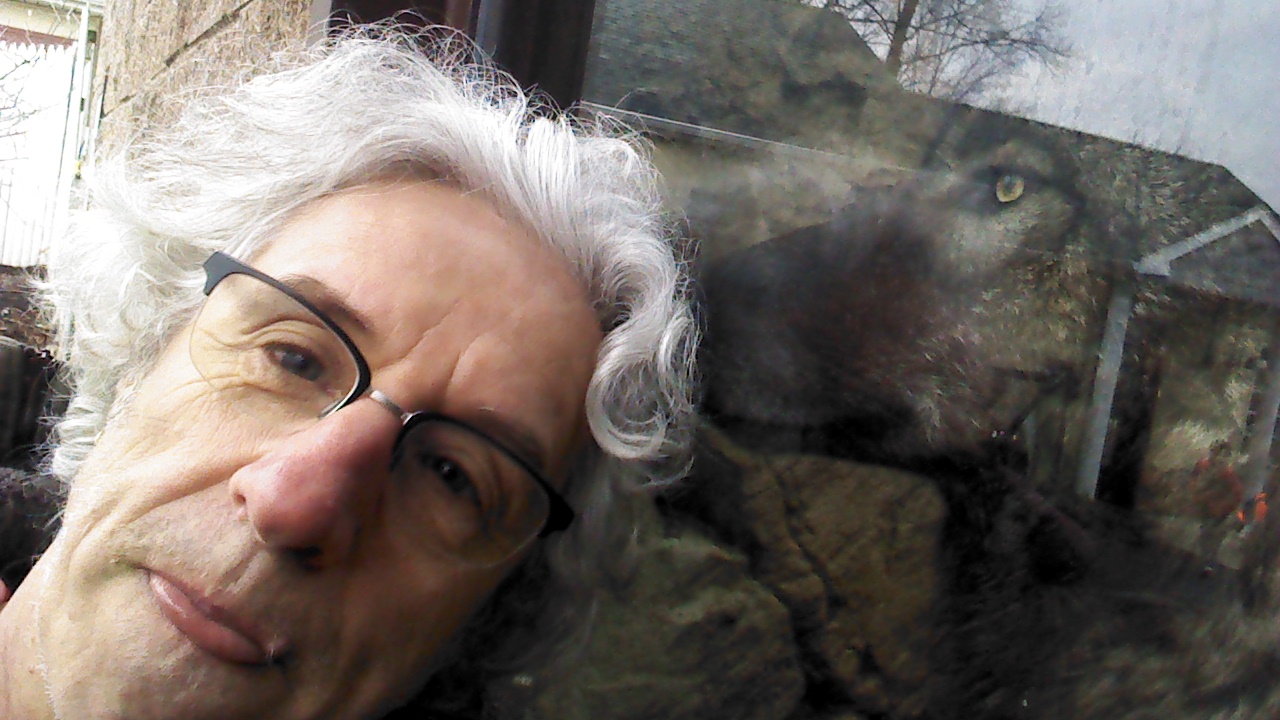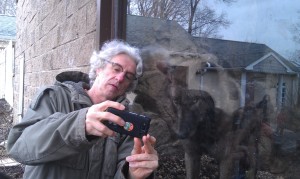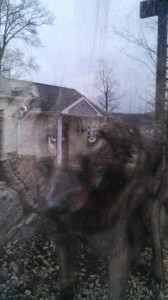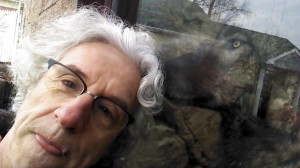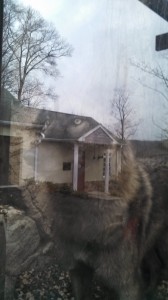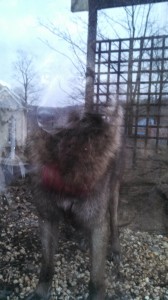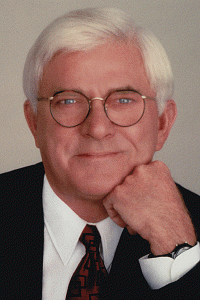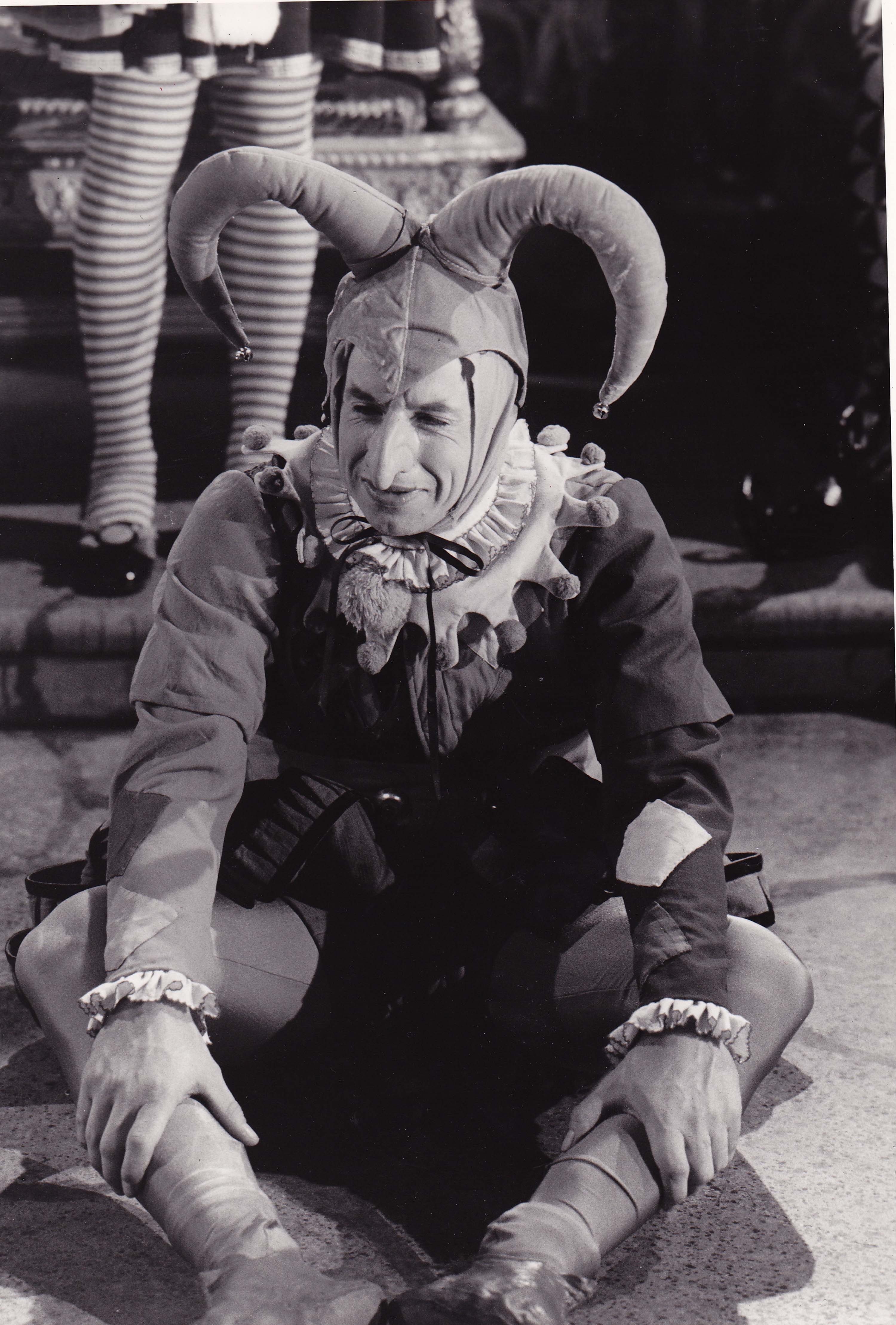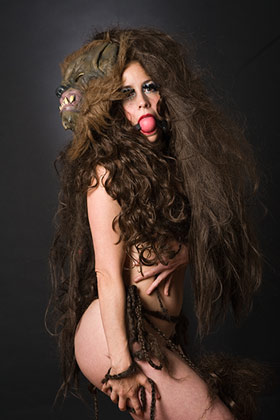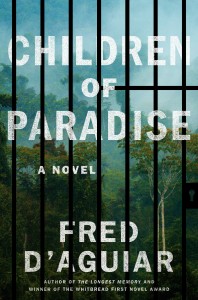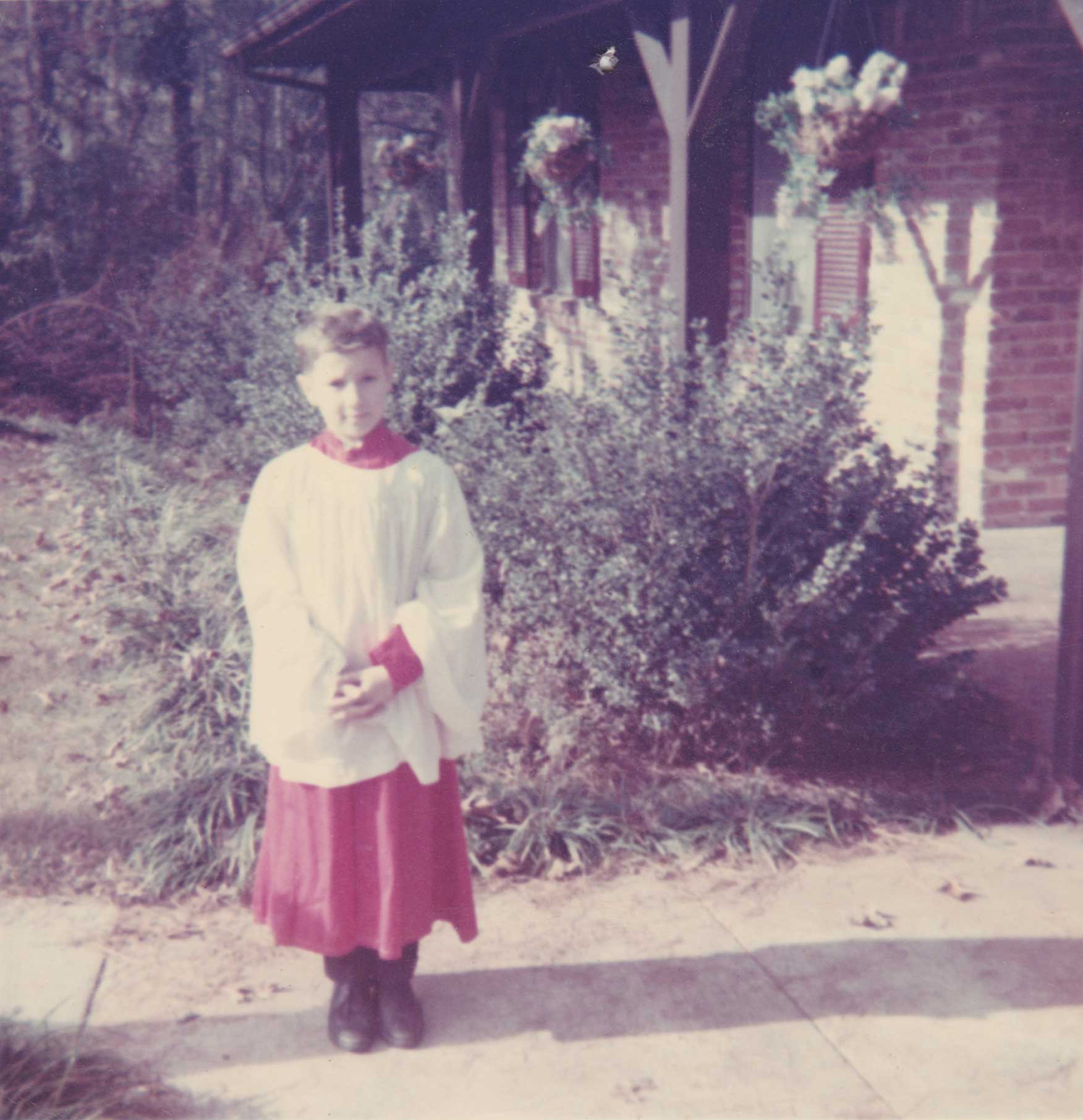I first met Jackson Michael in Austin, Texas. He pitched us a book about interviewing old-time NFL players. Men who played the game before there was money. Men who made the NFL a multibillion-dollar franchise. And then in many cases were simply tossed away, physically broken and emotionally shattered. Michael had never written a book before. He was not a football insider. He was jst a man with an incredible passion. So I helped him put his proposal tother. AIt took almost a year. Polishing, tweaking, researching. Turns out Jackson is one of the hardest working man in show business. By the time he was done with the proposal, he had talked to some of the greatest names in the history of professional football. Frank Gifford, Bob Griese, Walt Garrison, Don Maynard, and Bart Starr. Then, without an agent, he sent the book to bunch of publishers. He got three offers. He chose University of Nebraska Press. The book, The Game Before the Money: Voices of the Man Who Built the NFL, just came out, so thought I’d pick his brain about books, football and money.
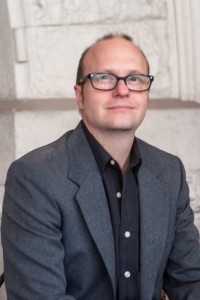
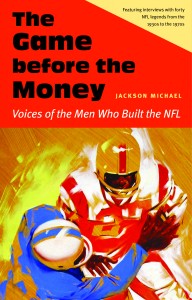
David Henry Sterry: What was your biggest take-away from talking to all these great football players from the past, before the game was all about the money?
Jackson Michael: The life lessons. Most players dropped a chestnut of wisdom inside their football stories. Bart Starr not only told the backstory behind his Ice Bowl touchdown, he talked about how Vince Lombardi demanded excellence over simply being good. That makes a huge difference, and applies to anything in life — being a parent, spouse, or writer. My aim was to document football history but readers will pick up some valuable teachings along the way.
DHS: What were some of the highlights of talking to these gridiron legends?
JM: Just getting a chance to chat with these guys was the highlight beyond all highlights. Every interview was just as exciting as the last. It was like having your childhood football card collection come to life.
DHS: What were some of the most horrific things that you heard when talking to the men who built the NFL?
JM: Most of the book is positive, but early African American players dealt with the racism of those times. George Taliaferro told me that (Washington owner) George Preston Marshall shouted racial slurs at him on the field. Garland Boyette shared what he and his teammates had to do to end segregated hotel accommodations. Irv Cross spoke of hate mail and someone threatening to shoot him. Also, I had firsthand interaction with dementia. I called one player about interviewing and his wife told me he doesn’t remember playing.
DHS: What you think needs to be done to rectify the abuse and neglect of retired NFL veterans, many of whom are in such terrible physical, mental and emotional shape?
JM: The oral history gives players a chance to share their stories rather than put me in a position to suggest solutions. For example, fans learn that the pensions of men who played in the era the book covers are less than those of recent players. In fact, it was announced this week that pensions are being raised solely for players who played during the 1993-1996 seasons, leaving pioneers even further behind on the <a href=”http://espn.go.com/nfl/story/_/id/11408531/nfl-players-union-increases-pensions-1722-former-players” target=”_hplink”>pension scale</a>.
The increases older retirees have received over the years apparently haven’t matched inflation. Don Maynard told me that he collected under $450 a month before the 2011 collective bargaining agreement — for 17 years of NFL service.
Moreover, injuries can worsen over time, requiring surgery and physical therapy. For example, several players I spoke with had their knees replaced long after retirement. The NFL doesn’t pay for that, and pensions often don’t compare well with the costs of insurance premiums and copays. Conrad Dobler states that he spent more on knee surgeries than he earned over his entire 10-year NFL career.
It was clear to me that these guys aren’t sitting around feeling sorry for themselves. They are proud men, retired from a game requiring immeasurable toughness. Furthermore, many do extremely well after football, but enough struggle that real issues exist. Guys seem most concerned about ex-players in harsher situations than they experience. Some set up charities, like Mike Ditka’s Gridiron Greats and Bruce Laird’s Fourth and Goal Foundation. Even the Hall of Fame has an Enshrinees Assistance Foundation.
DHS: We surprised by the generosity of these American icons?
JM: Although I was surprised, I felt more fortunate and thankful. Nobody had any reason to speak with me other than kindness. I felt this enormous responsibility afterward to get the book published. These guys gave me their time, opened up to me. Now it was up to me to get their fantastic stories out there. Getting published was a more ardent process than I had expected.
DHS: What was the process of getting this book published like?
JM: Writing the proposal was a tremendous amount of work. Spending considerable time on a query letter only to hit “delete” built character. Additionally, I had previously only published a handful of magazine and online articles. Nobody welcomed me into their publishing house on a chariot.
DHS: What were some of the things that you did to make this book sellable, and in fact, sell it?
JM: Getting the proposal to communicate the project in terms publishers understood was crucial. At first I thought the mere fact that I collected interviews from all these fabulous players was enough. A great idea, however, only buys you thirty seconds of attention. Publishers invest thousands of dollars in each book, so you better show up with more than “I’m really creative and this is super cool.” The Book Doctors provided indispensable guidance in conveying information publishers need: possible marketing strategies, relevant demographics, how the book tied in with current news. Stuff artists despise, but you need to show commitment to the marketing end because you’re asking people to market your book. The other important thing I did was I objectively considered what publishers told me the book needed. That led to timelines and introductions before each section, and a table converting player salaries into modern-day dollars.
DHS: What were some of the pitfalls that you fell into when you tried to get this book put together, and then published?
JM: I expected the first publisher I contacted to enthusiastically offer me a contract. Instead, I was told I needed a platform. I actually had to Google the term. After learning what a platform was, I bought a book appropriately entitled Platform by Michael Hyatt, and did what I could to start building one. Another pitfall was agents. One condescendingly asked me who I thought I was because I didn’t work for Sports Illustrated. Another said oral histories weren’t interesting to readers. A third said people weren’t interested in football books. I decided to go straight to publishers, figuring it was easier to obtain one “yes” from a publisher rather than two from both an agent and a publisher. That might not work for everybody, because it did probably cost me money and it’s impossible to pitch to the Big Five without an agent. I was most concerned, however, with getting this book out while guys were still alive, and the University of Nebraska Press team has been great.
DHS: Did talking to all these former players change the way you think about the NFL? About college football? Professional sports?
JM: Most of the book is players recalling their golden moments, so it’s predominately a feel-good story. I love pro and college football as much as ever. After getting to speak with players, however, I’m more aware of the game’s human element and don’t get as upset over fumbles and interceptions. Playoff loses still bum me out, though.
DHS: As a first-time author, do you feel like you want to write more books, or never write another book as long as you live?
JM: If anything, completing this book made me crave more. Call me weird, but spending 10 hours editing or doing research is as much fun as the beach. One of life’s dirty secrets is that most artists are simply glorified workaholics. I’m currently working out an idea for a Texas music book suggested by Robert Hurst, an outstanding painter who connected me with several players in The Game before the Money. I’d also like to see my novel, Broke and Famous, get published. Then there’s that notebook full of fiction ideas, and a desire to record a Civil Rights oral history.
Jackson Michael grew up in Madison, Wisconsin. He currently lives in Austin, Texas. He is a member of the Football Writers Association of America, and the Maxwell Football Club. A true sports geek, Michael possesses a near encyclopedic knowledge of sports history. <em>The Game Before the Money: Voices of the Men Who Built the NFL</em> is his first book. Michael worked for several years with the Austin Daze, as the alternative newspaper’s entertainment writer and music critic. He also conducted interviews for Tape Op magazine, the most widely distributed periodical in the field of audio engineering. The Game Before the Money is his first book.
He additionally enjoys a successful music career, having released solo five albums. He has recorded with Barbara K (Timbuk 3), Kim Deschamps (Cowboy Junkies) and Gregg Rolie (Santana, Journey). Also a skilled audio engineer, Michael has recorded albums for a number of Texas music acts. Twitter: @JacksonMichael
<em>David Henry Sterry is the author of 16 books, a performer, muckraker, educator, activist, editor and book doctor. His anthology was featured on the front cover of the Sunday New York Times Book Review. His first memoir, Chicken, was an international bestseller and has been translated into 10 languages. He co-authored The Essential Guide to Getting Your Book Published with his current wife, and co-founded The Book Doctors, who have toured the country from Cape Cod to Rural Alaska, Hollywood to Brooklyn, Wichita to Washington helping writers. He is a finalist for the Henry Miller Award. He has appeared on National Public Radio, in the London Times, Playboy, the Washington Post and the Wall St. Journal. He loves any sport with balls, and his girls. He can be found at: www.Davidhenrysterry.com

